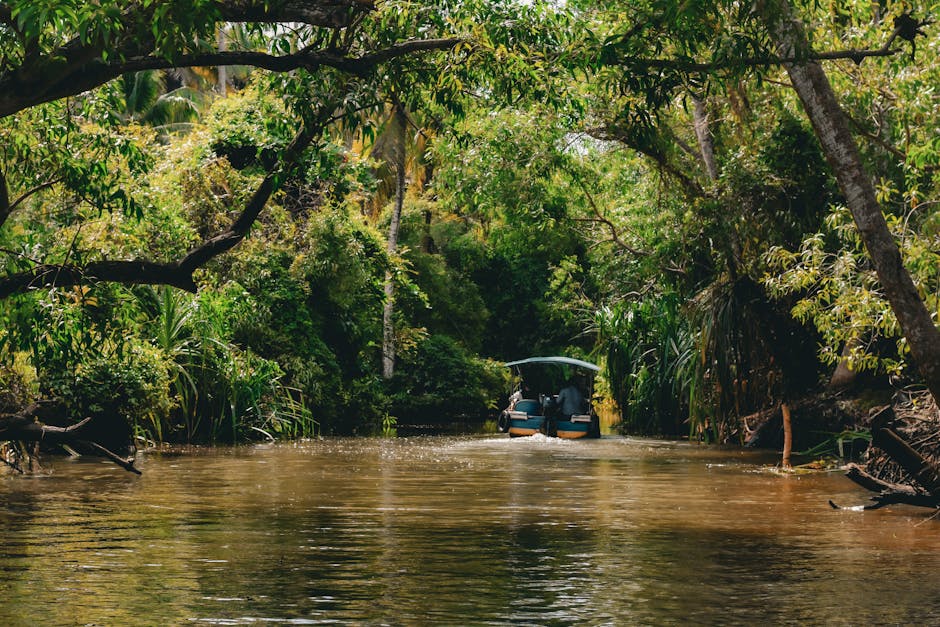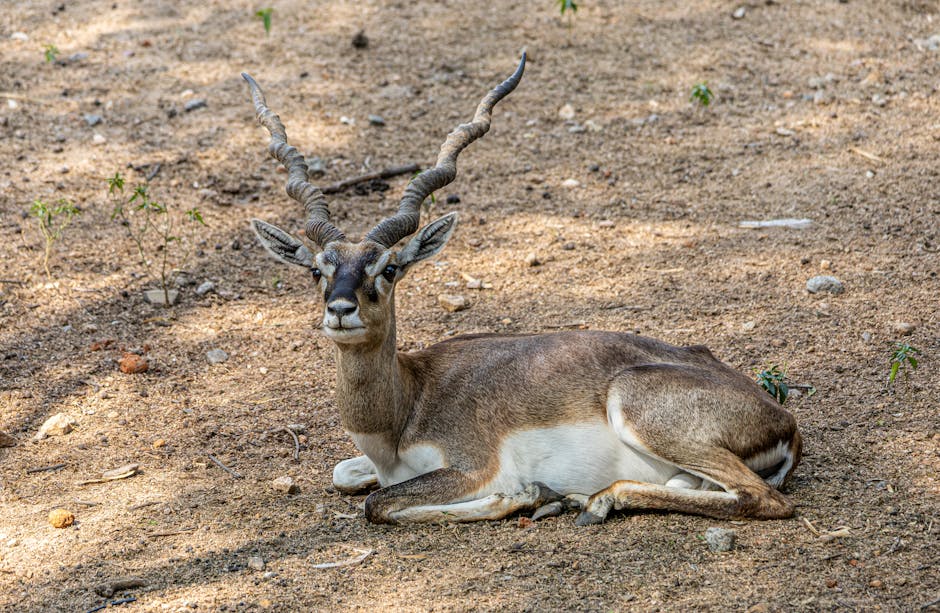The geopolitical stage is set for a high-stakes encounter as rumors swirl about a potential meeting between Russian President Vladimir Putin and former U.S. President Donald Trump in Hungary. The complication? Putin faces an International Criminal Court (ICC) arrest warrant for alleged war crimes in Ukraine. This raises a pressing question: How will Putin manage the legal and logistical hurdles to attend such a meeting?
The ICC Arrest Warrant: A Significant Barrier
In March 2023, the ICC issued an arrest warrant for Putin, accusing him of war crimes, including the unlawful deportation of children from Ukraine to Russia. The warrant requires ICC member states to arrest Putin if he enters their territory. While Russia does not recognize the ICC’s authority, Hungary, as a signatory to the Rome Statute, is legally obligated to enforce it.
This creates a major challenge for Putin’s travel plans. Hungary, an EU and NATO member, has often positioned itself as a bridge between Moscow and the West. Prime Minister Viktor Orbán has maintained close ties with Putin, advocating for stronger EU-Russia relations despite the Ukraine conflict.
Hungary’s Diplomatic Dilemma
Facilitating a Putin–Trump meeting would require Hungary to walk a diplomatic tightrope. Orbán’s pro-Russia stance has drawn criticism from EU allies, and hosting Putin could further strain these relationships. However, Orbán has a history of defying EU norms when it aligns with his political goals, potentially viewing this as a chance to elevate his global influence.
Hungary might invoke diplomatic immunity or argue that the meeting serves a greater purpose, such as peacebuilding. However, such justifications would likely face backlash from Ukraine and its supporters, complicating Hungary’s standing in the international community.
Trump’s Role: A Complex Factor
Donald Trump’s involvement adds another layer of intrigue. Since leaving office, Trump has praised Putin and criticized U.S. support for Ukraine. A meeting with Putin could position Trump as a peacemaker in the 2024 presidential campaign but also risk accusations of undermining U.S. foreign policy.
Possible Venues and Logistics
If Hungary proves too risky, alternative locations include Belarus, China, or Türkiye—non-ICC member states where Putin would not face arrest. A virtual meeting is another option, though it would lack the symbolic impact of an in-person summit.
Global Implications
A Putin–Trump meeting could reshape global power dynamics, potentially reviving discussions about ending the Ukraine war. However, it might also deepen international divisions, with critics viewing it as a betrayal of Ukraine and a blow to the ICC’s credibility.
As the world watches, the logistical and diplomatic challenges of this potential meeting highlight the complexities of global politics. Stay tuned for updates on this evolving story.




